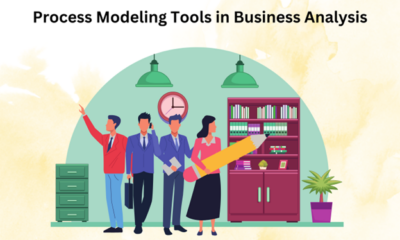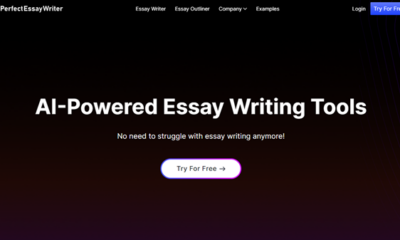



















Sabrina Carpenter’s gorgeous marketing campaign pictures for SKIMS have gotten the stamp of approval from her rumored boyfriend, Barry Keoghan. On Monday (April 1), the “Nonsense”...


Barbara Rush, the Golden Globe-winning actor who starred within the sci-fi horror “It Got here From Outer Area,” has died. She was 97. Claudia Cowan, Rush’s...


NEW YORK (AP) — Shai Gilgeous-Alexander made the go-ahead jumper from the nook with 2.6 seconds left, sending the Oklahoma Metropolis Thunder to the playoffs for...


A complete photo voltaic eclipse is anticipated to move by america on April 8, 2024, giving stargazers throughout the nation the chance to view the celestial...


On April 8, 2024, a complete photo voltaic eclipse will probably be seen alongside a slim path stretching from Mexico to Canada. Picture: NASA [Episcopal News...


Topline Former President Donald Trump’s fortune shrank significantly Monday as shares of his social media firm tanked after the corporate revealed its newest monetary outcomes, predictably...


AI cyborg robotic whispers to a person. getty Ah, April Fools’ Day, the someday a yr once we all turn out to be sensible jokers, pranksters,...


DEAR MISS MANNERS: By nobody’s fault, I used to be born on the worst date ever. Every start anniversary, there’s a well-meaning however hurtful sensible joke....


April Fools’ Day looks as if the right time for pranks. For giant-name manufacturers, the vacation presents a chance to have some enjoyable – or to tarnish...


For those who do not like Mondays, this one might particularly be grating. It is April Idiot’s Day, when you must belief nobody and query every...